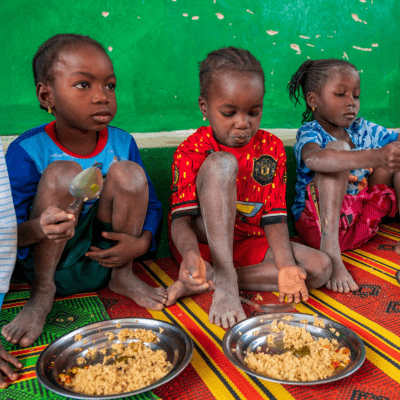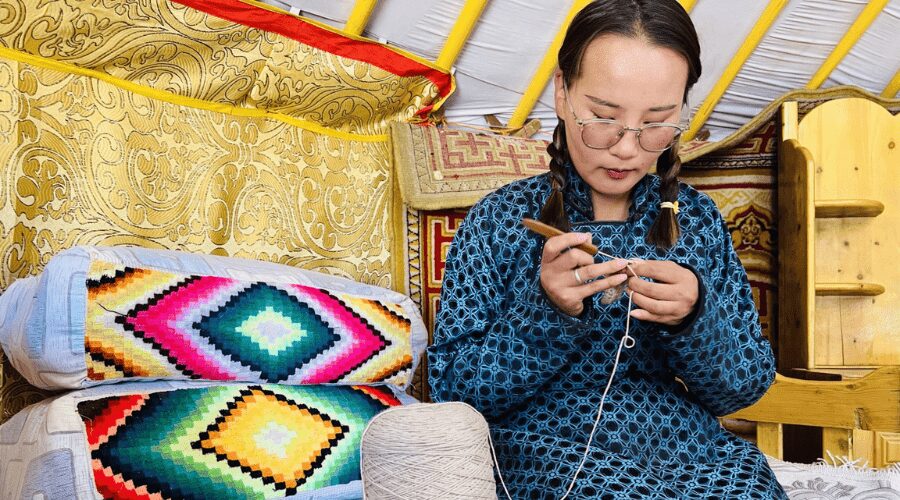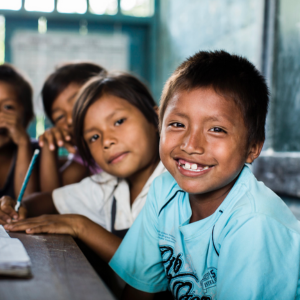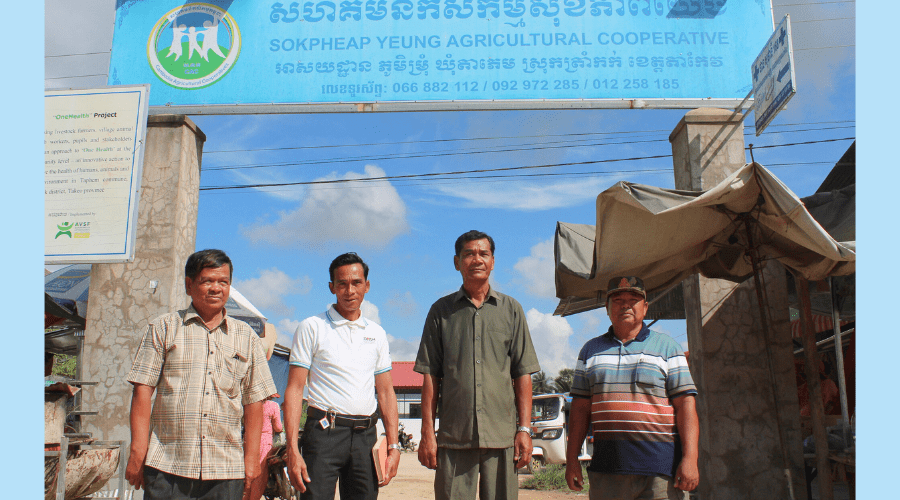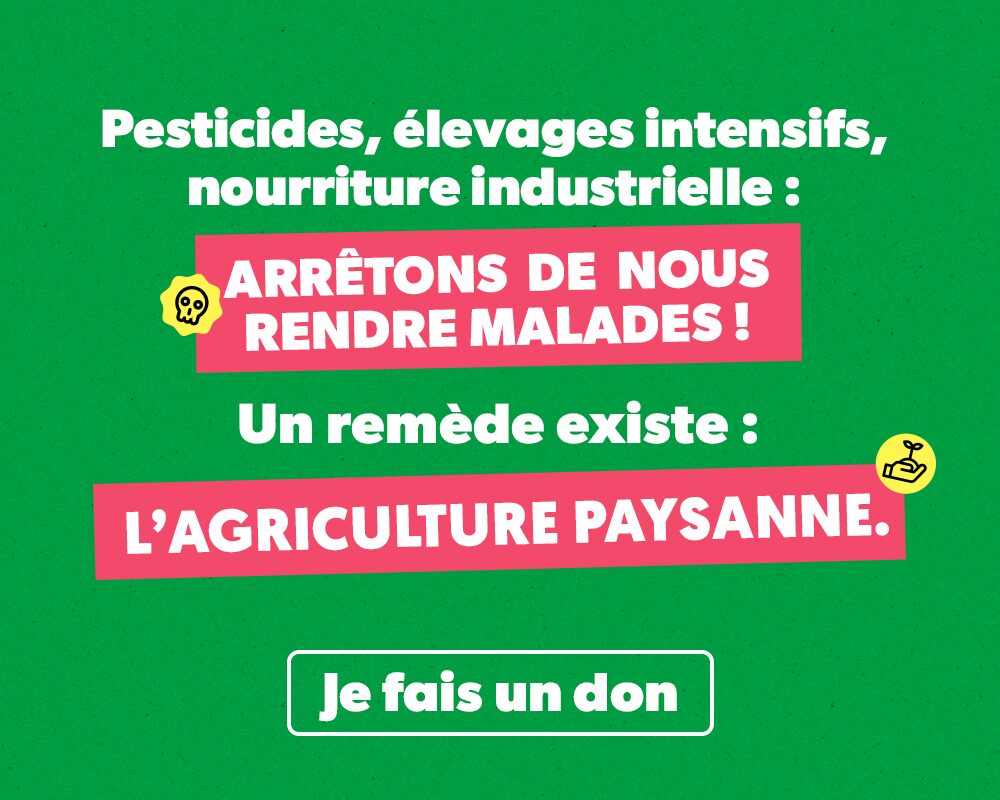Agroecology has now become a major political issue for rural development in the South. To help its development and encourage the use of its practices, the Working group on agroecological transitions (GTAE) organized a workshop on the 14th and 15th of December 2017. The aim of the workshop is to elaborate a common methodology to evaluate the effects, impact and efficiency of agroecology, as well as the conditions for its development.
The event took place at the heart of the Cité du développement durable in the Jardin d’Agronomie Tropicale de Paris, in Nogent-sur-Marne. It gathered around a hundred international participants – development actors, researchers, members of farmer organizations, representatives of public authorities. Four NGOs (Agrisud, AVSF, CARI and Gret) took the initiative for this meeting, since 2016 they form the GTAE, whose mission is to promote agroecological practices in the South, to evaluate their efficiency and identify levers for their development.
The transition towards agroecology is necessary as a strategy to meet the growing challenges that are food security, fight against poverty and resilience of societies on their territory in a rapidly warming climate. Agroecological practices have indeed the advantage of increasing the efficiency of family farms, strengthening their resilience to economic and climatic risks, while preserving the environment and natural resources. These facts were indeed partly verified as part of the CALAO project (Capitalization of stakeholder experience for the development of resilient agroecological techniques in West Africa). Initiated in 2017 by the GTAE along with other NGOs and universities, this project aims to measure the effects of agroecology in West Africa.
By organizing this workshop, the GTAE aimed to deepen the work on the methodology initiated with the CALAO project, by sharing its gains and encourage dialogue between all the research and development actors involved. The meeting of 14 and 15 December has thus allowed to highlight the multiplicity of the existing methods, as well as their complementarity, which should allow to enrich the evaluation of the impact of agroecology. It also underlined the specific characteristics for assessing agroecological transitions: focus on the trajectories of change in time, articulate several scales «plot/farm/territory», measure performances with specific criteria : yield of course, but also income generation and added value; autonomy of the farm; biodiversity, natural resources and soil fertility conservation; carbon footprint; labor and arduousness management; product quality and economic promotion; protection of farmers knowledge and culture etc.
The GTAE will now carry on its work of definition of the appropriate methods and assessment criteria, and will test them on different fields in order to collect a diversity of results which will be made available to development actors and policy-makers.
The GTAE workshop was financed by Agence Française de Développement and Fonds Français pour l’Environnement Mondial.
